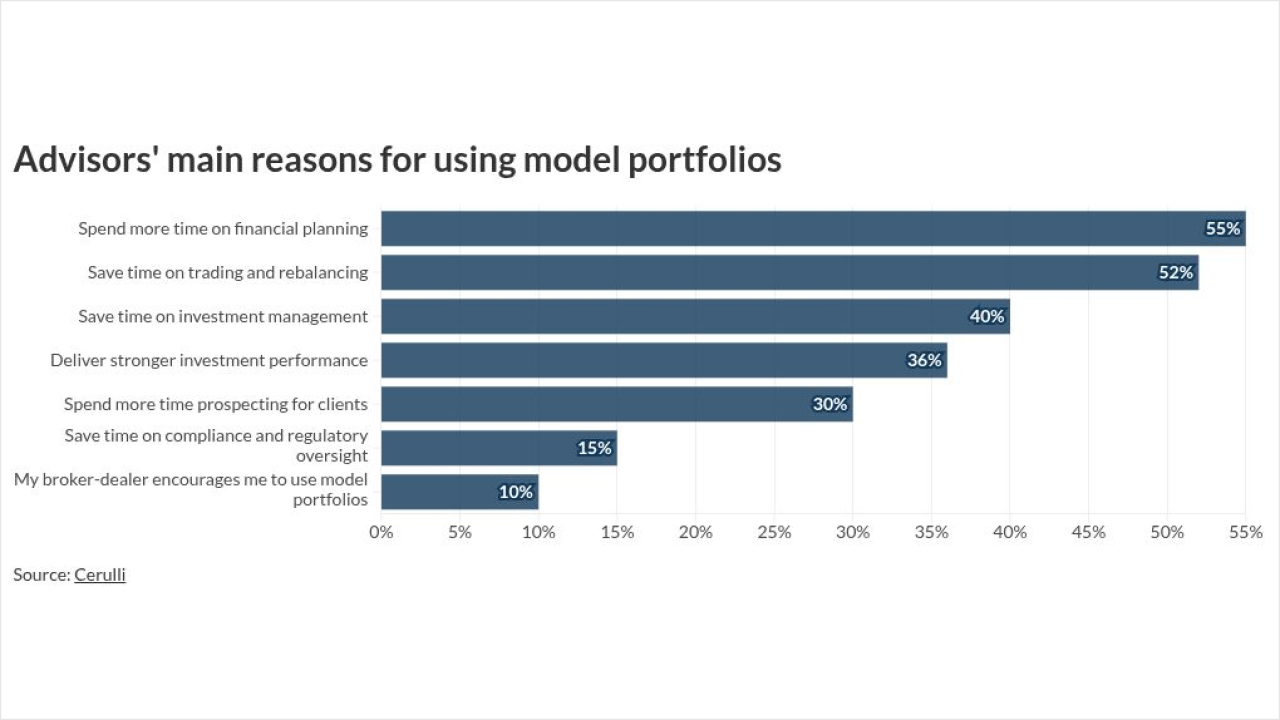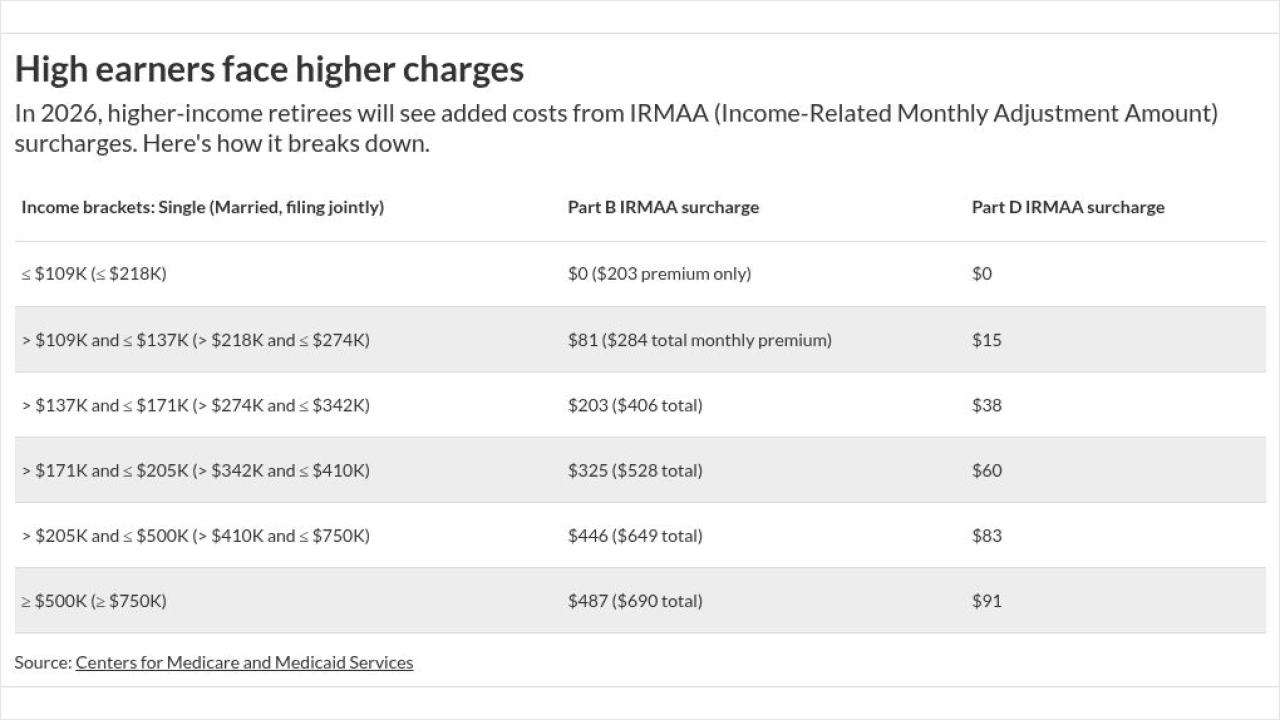Call it a land grab: Starting next year, brokers will be able to claim valuable territory that RIAs have had to themselves for decades. Now that the SEC has
Fiduciary advocates have raised alarms about the new rules: Since brokers sell investment products on a commission basis, investors might be exposed to heightened abuses, they say. They add that the commission has

As a result, RIAs must create a new narrative for themselves, says Allan Slider, founder of FeeOnlyNetwork.
"Get out ahead of the forthcoming broker advertising blitz. You want to inform [the public] and remind them what brokers are," he says. "It's coming down to you versus them."
Slider and Knut Rostad, co-founder of the Institute for the Fiduciary Standard, co-hosted a webinar in which they offered strategic advice for RIAs. Both provide consulting, research or advocacy for advisors who do not charge commissions. They were joined by Impact Communications founder Marie Swift.
They urge RIAs to:
1. Use new language. RIAs should stop calling themselves fee-only and refer to their practices as commission free — while also noting that they are not brokers.
2. Take your campaign to social media. Swift urges advisors to order customized T-shirts, like the one she mocked up recently with the catchphrase, "Relax, I'm not a broker." Then RIAs should post pictures of themselves wearing the shirts on Twitter, Instagram, Facebook and elsewhere, she says.

3. Comment on broker industry ads. "This is two-way social media at its finest," Slider says. He urges RIAs to take photos of brokers' advertisements, post them on their own accounts and point out that firms like these take commissions. He also notes that RIAs can comment directly under the brokerage industry’s ads on Facebook and Twitter.
4. Check with compliance first. Clear social media posts with your legal team before publishing them, Slider says. Planners can stay on the right side of compliance by being factual, as opposed to accusatory or contentious, he says.
5. Support state regulators. When financial regulators, like those from Massachusetts, seek public comment on
6. Sign fiduciary oaths. The oaths, such as one provided by the Committee for the Fiduciary Standard, demonstrate RIAs' commitment to serving their clients' interests ahead of their own.
7. Be passionate. "Be loud and proud," Swift says, and remind clients what RIAs provide: Transparency about fees, reduced conflicts and disclosures of any conflicts. She adds that while the new SEC laws are a cause for consternation for RIAs, they are also a "golden opportunity" for advisors to build their brands.
Swift points to one of the highest-profile advertising campaigns to emanate from any RIA thus far. It included the "bad tailor" television spot run by one of the largest RIAs in the country, Creative Planning, during the NCAA's March Madness men's basketball tournament.
The ad shows a tailor refusing to take a customer's measurements before selling him a suit.
"Trust me, our suits fit," the tailor tells the bewildered customer.
At that moment, another man emerges from a dressing room in a suit jacket with sleeves down to his knees.
In the wake of Reg BI's passage, Creative Planning plans to mount more advertising like this, Peter Mallouk, Creative Planning's CEO, tells Financial Planning.
Due to Reg BI, Mallouk says, "It's become much easier for a broker to mislead a client. Ultimately, I think RIAs need to quit talking about if they are a fiduciary or not and make it clear to clients that they don’t own their own investment products."





